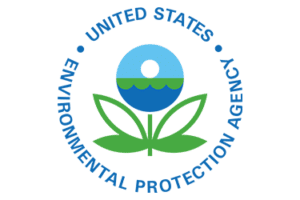EPA Announces $30 Million in Grants for Projects to Reduce Lead in Drinking Water in Disadvantaged Communities and Schools

Today, the U.S. Environmental Protection Agency (EPA) announced projects that have been selected to receive over $30 million in grant funding under the Water Infrastructure Improvements for the Nation (WIIN) Act. This grant funding will help make rapid progress on the goal of addressing lead and removing lead pipes across the country and these selected projects will assist disadvantaged communities and schools with removing sources of lead in drinking water. These projects will work to further the goals of the Biden-Harris Administration’s Lead Pipe and Paint Action Plan, in addition to the Justice40 Initiative, which seeks to deliver 40 percent of benefits from certain federal investments to disadvantaged communities in need.
The selected projects are:
National Priority Area 1 – Reduction of Lead Exposure in the Nation’s Drinking Water Systems through Infrastructure and Treatment Improvements
- City of Trenton – $5,530,000
- City of Fall River – $10,000,000
- Detroit Water and Sewerage Dept – $5,000,000
National Priority Area 2 – Reduction of Children’s Exposure to Lead in Drinking Water in Schools and Child Care Facilities
- Hawaii Dept of Health – $2,000,000
- School District of Philadelphia – $4,999,658
- Rural Community Assistance Partnership – $3,650,000
In addition to this announcement of funding availability, the Reducing Lead in Drinking Water WIIN grant program also awarded over $1M in grant awards towards tribal lead reduction projects coordinated through interagency agreements between Indian Health Services and EPA. Additionally, EPA is working with states, tribes, and territories to award additional grant funding through EPA’s two other drinking water grant programs established by WIIN—the Voluntary Lead Testing in Schools and Child Care grant program and the Small, Underserved and Disadvantaged Communities (SUDC) Grant.

